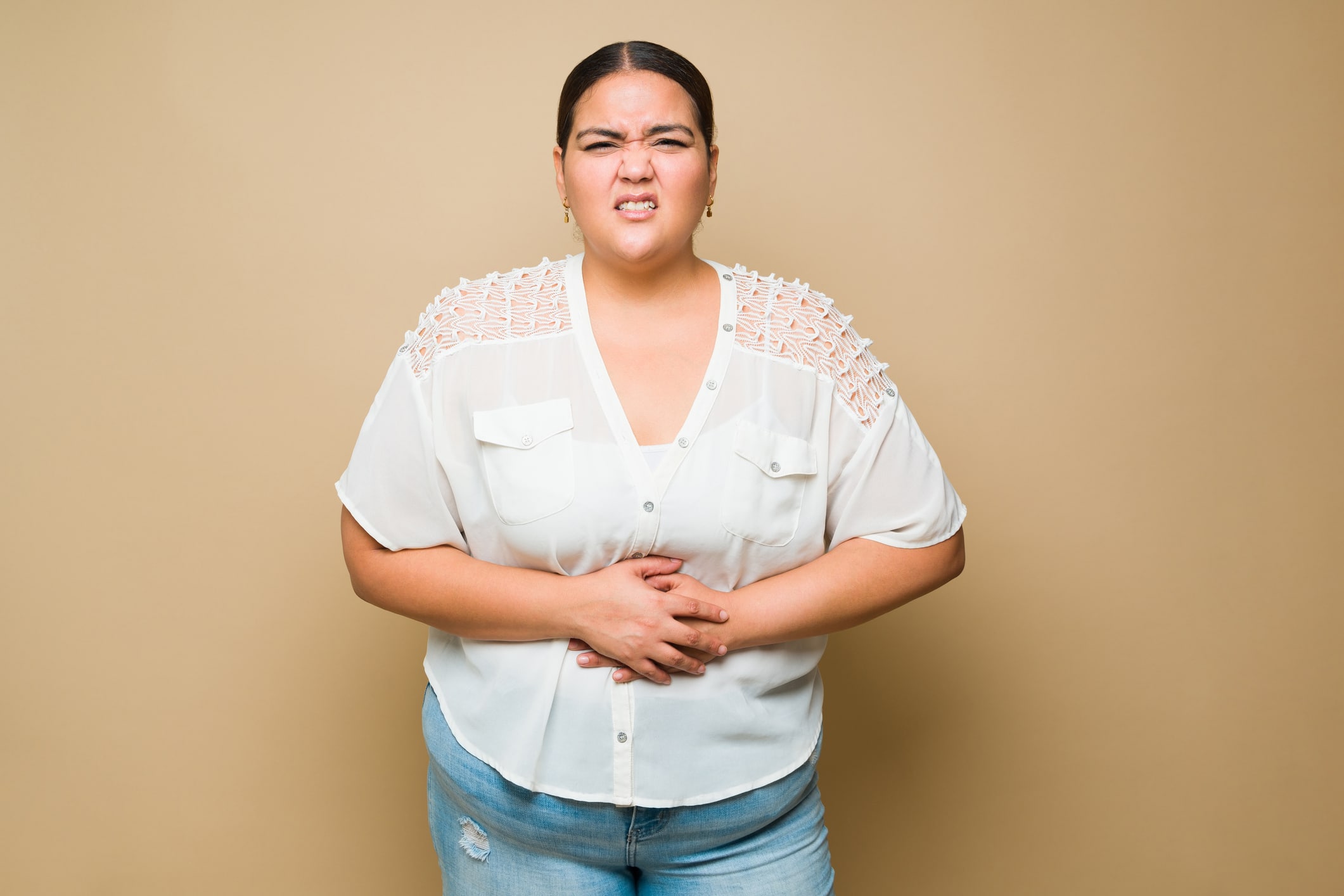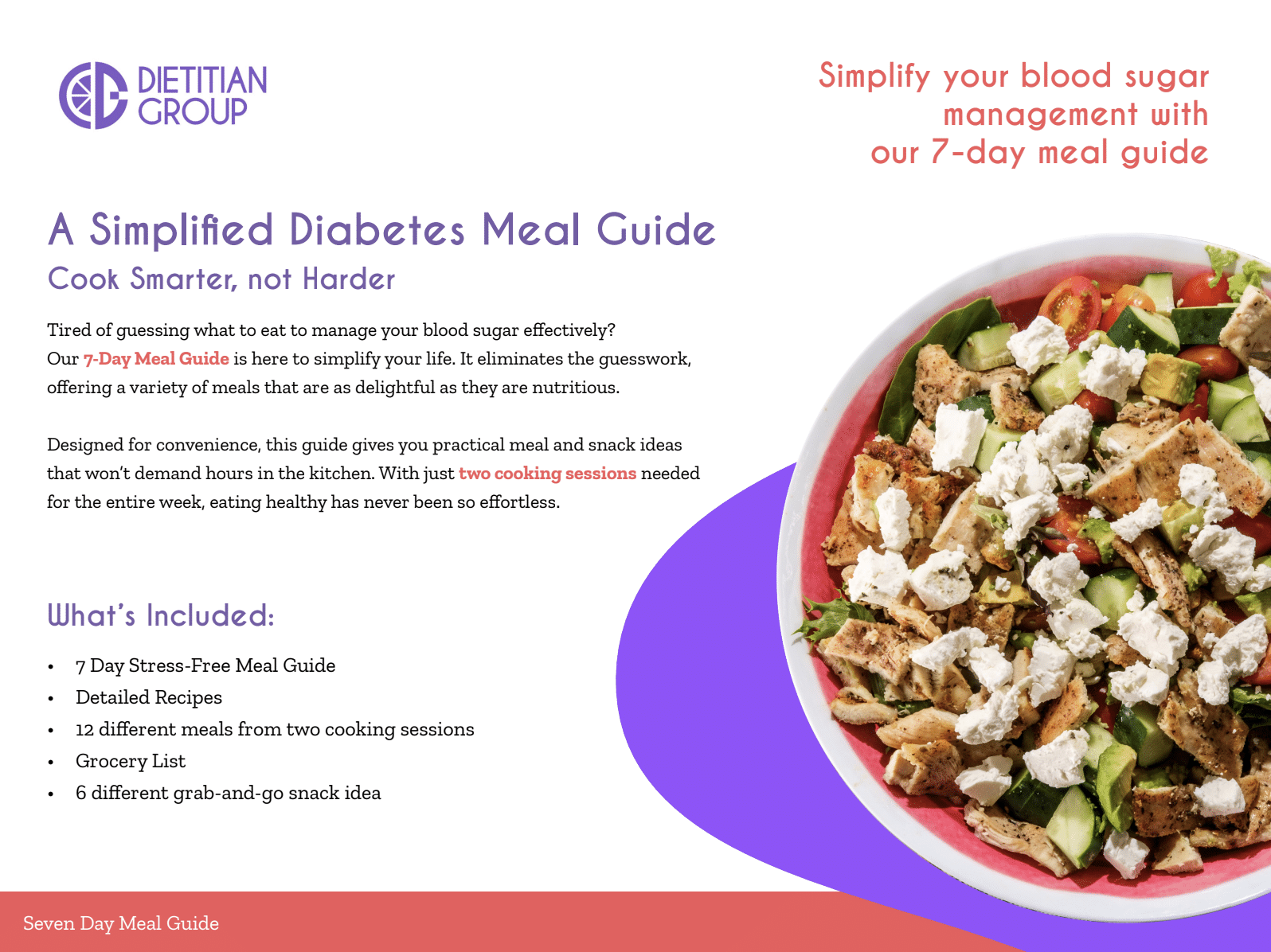IBS Dietitian Services & Support
Dietitian Group’s Diabetes Nutrition approach breaks through traditional restrictive diets. We teach strategic food pairing instead of carb counting, helping you maintain steady blood sugar while keeping your favorite foods on the plate. Our approach turns diabetes management from a source of stress into a pathway of confident, enjoyable eating.
Your Gut Health Dietitian
We understand how overwhelming and isolating IBS can feel. You’re not alone in your struggle with digestive challenges.
Dietitian Group’s IBS nutrition approach turns digestive uncertainty into an accessible confidence-building journey. We provide a systematic food reintroduction method that maps your digestive patterns, helping you expand your “safe foods” list while confidently managing IBS symptoms. Our approach transforms meal anxiety into empowered eating.
Imagine a life where:
- Meals no longer feel like a risky guessing game
- You understand your digestive triggers
- Food becomes a source of joy, not anxiety
- Your diet expands, not restricts
- You feel in control of your digestive health


What Causes Irritable Bowel Syndrome?
Though no direct causes are known for IBS, many link food and stress to triggering symptoms. Foods such as dairy, gluten, citrus fruits, or carbonated drinks may emphasize or ignite current issues.
When individuals with IBS have increased stress levels, they may notice an increase in the frequency and severity of their problems. As you experience anxiety, your body releases hormones that may trigger a gut response, affecting your overall health.
Having a registered dietitian with you to journal or track foods and stress factors could help you discover ways to offset anything affecting your IBS faster and more effectively.
How it Works
1. Set Your Appointment
Schedule initial consultation to begin your personalized journey
2. Discover Your Plan
Complete a comprehensive intake exploring your goals, history, and preferences to build a customized approach
3. Live Your Plan
Begin your personalized journey with regular check-ins that celebrate wins and adapt as your life evolves

Your Personal Path to Digestive Calm

Understanding Food Labels
IBS isn’t a one-size-fits-all condition. Our approach goes beyond generic elimination diets by creating a personalized strategy that understands your unique digestive patterns. Using detailed symptom tracking and comprehensive assessments, we’ll help you identify specific triggers, understand your IBS type (IBS-C, IBS-D, or IBS-Mixed), and develop a nuanced approach to reintroducing foods that once seemed off-limits.

Strategic Food Reintroduction
Forget feeling trapped by food fear. Our dietitians transform your relationship with eating by carefully mapping your digestive responses. We’ll work together to systematically reintroduce foods, using techniques like food journaling, strategic testing, and personalized guidance. You’ll learn to understand your body’s signals, expand your “safe foods” list, and gain confidence in making food choices that support your digestive health.

Holistic Symptom Management
Forget wandering aimlessly or getting overwhelmed by choices. Our grocery guidance is a strategic approach that breaks down the store into manageable zones. We’ll help you create smart shopping lists, understand how to combine foods for maximum nutritional benefit, and develop a keen eye for truly nourishing options. Whether you’re managing a specific health condition or just seeking overall wellness, you’ll learn to move through the grocery store with purpose and confidence.

Your Evolving Digestive Wellness
Your IBS journey is dynamic, and your nutrition plan should be too. We provide ongoing support that adapts to your changing symptoms, lifestyle, and health goals. Regular check-ins, personalized strategies, and a focus on celebrating your progress ensure you’re building a sustainable approach to managing IBS. Our goal is to help you reclaim your relationship with food, reducing anxiety and expanding your dietary possibilities.

Marisa at Dietitian Group is a passionate, determined, and a motivating dietitian. She is dedicated to her clients’ health and wellbeing and eager to learn and grow herself to provide the best care to her clients and the practice. Highly recommend this group if you are looking for a dietitian.

Break Up with Food Fear
At Dietitian Group, we know you want to be a confident individual who enjoys food without digestive fear. In order to do that, you need a nutrition approach that truly understands your unique digestive challenges. The problem is that IBS creates constant uncertainty and anxiety, which makes you feel restricted and overwhelmed.
We believe nutrition should be a source of joy, not fear. We understand the challenges you face, which is why we’ve developed our strategic approach to IBS management.
We’ll help you reintroduce foods, mapping your unique digestive patterns to expand your “safe foods” list with confidence
Simplify Your Diabetic Meal Planning
Imagine starting your day knowing exactly what to eat, with meals that are not just healthy, but actually enjoyable. Our guide eliminates the guesswork, offering a variety of delicious options that work with your body, not against it.
- Complete Grocery Guide: Simplified shopping list organized by department, taking the guesswork out of meal planning.
- 2 Cooking Sessions, 12 Meals: Maximize your time with a streamlined meal prep approach that delivers maximum variety and flavor.
- Flexible Snack Solutions: 6 easy, grab-and-go snack ideas that fit seamlessly into your busy lifestyle.
- Blood Sugar-Friendly Recipes: Scientifically designed meals that help stabilize blood sugar while keeping your taste buds happy.



